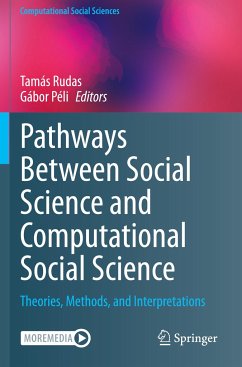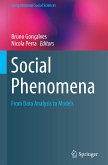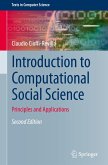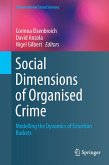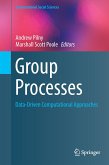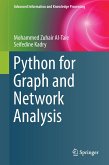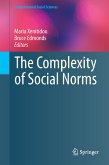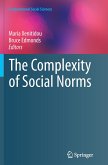This volume shows that the emergence of computational social science (CSS) is an endogenous response to problems from within the social sciences and not exogeneous. The three parts of the volume address various pathways along which CSS has been developing from and interacting with existing research frameworks. The first part exemplifies how new theoretical models and approaches on which CSS research is based arise from theories of social science. The second part is about methodological advances facilitated by CSS-related techniques. The third part illustrates the contribution of CSS to traditional social science topics, further attesting to the embedded nature of CSS. The expected readership of the volume includes researchers with a traditional social science background who wish to approach CSS, experts in CSS looking for substantive links to more traditional social science theories, methods and topics, and finally, students working in both fields.
Bitte wählen Sie Ihr Anliegen aus.
Rechnungen
Retourenschein anfordern
Bestellstatus
Storno

